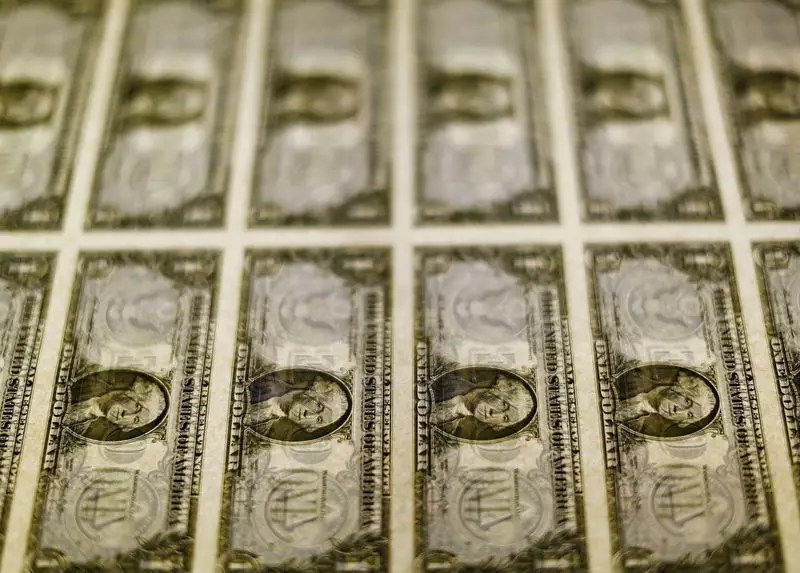The recent announcement of an unexpected interest rate cut in China and President Biden’s decision not to seek reelection have created a ripple effect in Asian currency markets. Despite these events, most Asian currencies remained stagnant as uncertainty looms over the upcoming U.S. presidential elections.
President Biden’s endorsement of Vice President Kamala Harris has raised concerns about the potential outcome of the elections. This uncertainty has dampened market sentiment towards risk-driven assets, including regional currencies. The possibility of a Trump presidency and its implications on trade relations with China has added further pressure on Asian currencies.
The dollar index and dollar index futures experienced a slight decline in Asian trade following the news of Biden’s decision. The market’s reaction to Biden endorsing Harris and the subsequent rise in uncertainty over the political landscape has contributed to the weakening of the dollar. The anticipation of potential policy changes under a Trump presidency has also influenced the dollar’s performance.
The Chinese yuan depreciated against the dollar after the People’s Bank of China announced an unexpected rate cut. This move was intended to stimulate the economy, which is facing challenges in its recovery. The weakening of the yuan can be attributed to concerns over the economic outlook and the potential impact of a Trump presidency on trade relations with China.
Overall, Asian currencies have remained subdued in light of the political uncertainties in the U.S. The Japanese yen, Australian dollar, Singapore dollar, South Korean won, and Indian rupee have all shown varied responses to the current market conditions. The fluctuation in these currencies reflects the impact of external factors on regional economies.
The combination of unexpected events and political developments in the U.S. has cast a shadow of uncertainty over Asian currency markets. As investors navigate through these challenging times, it is essential to monitor the evolving political landscape and its implications on currency performance. The interplay between global politics and economic factors will continue to shape the trajectory of Asian currencies in the coming months.


Leave a Reply